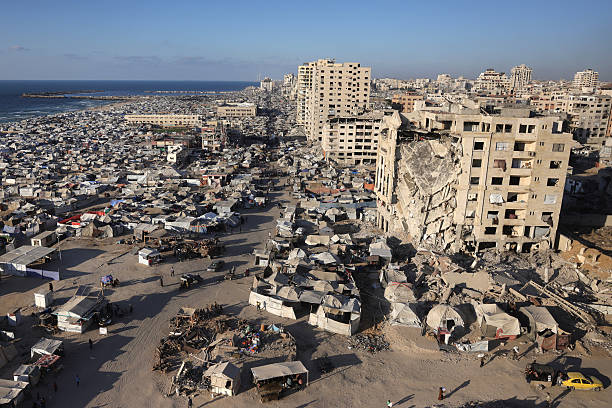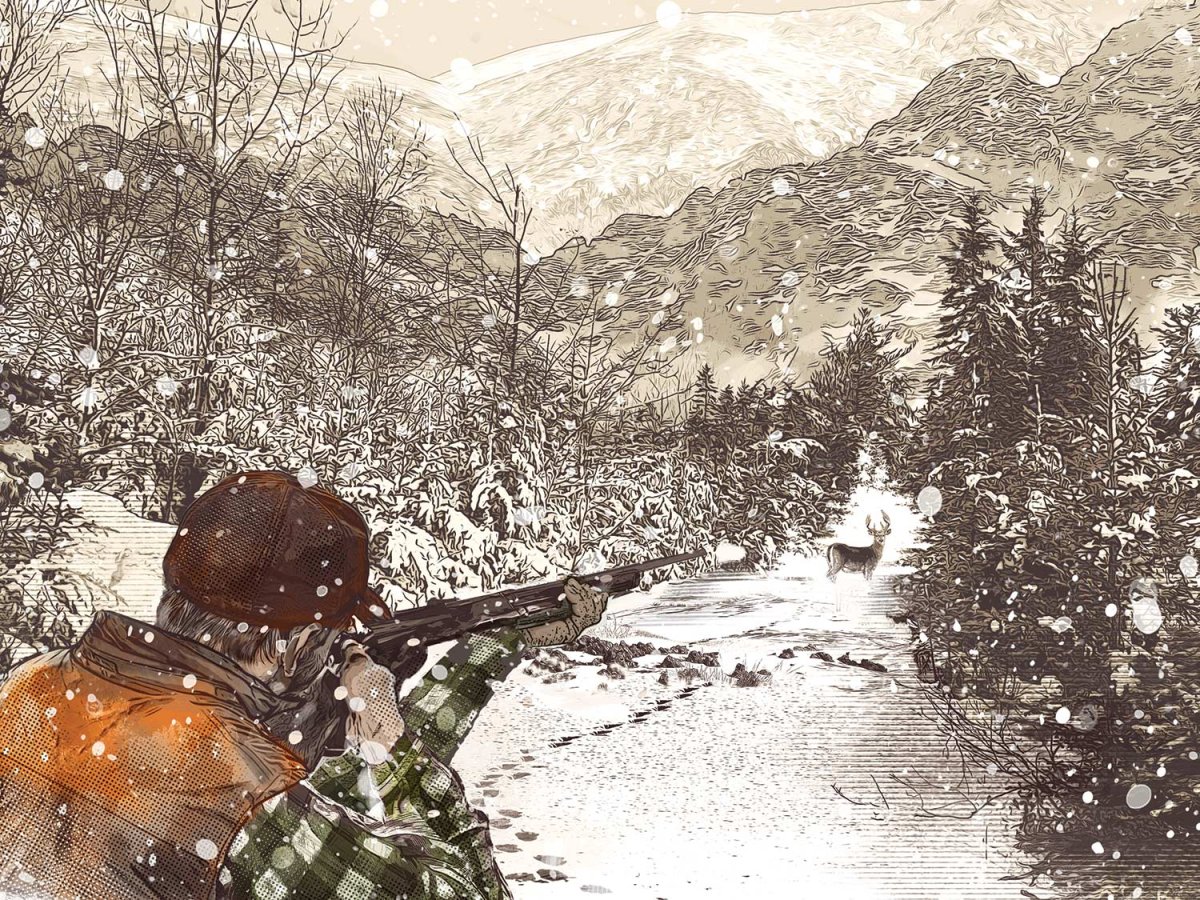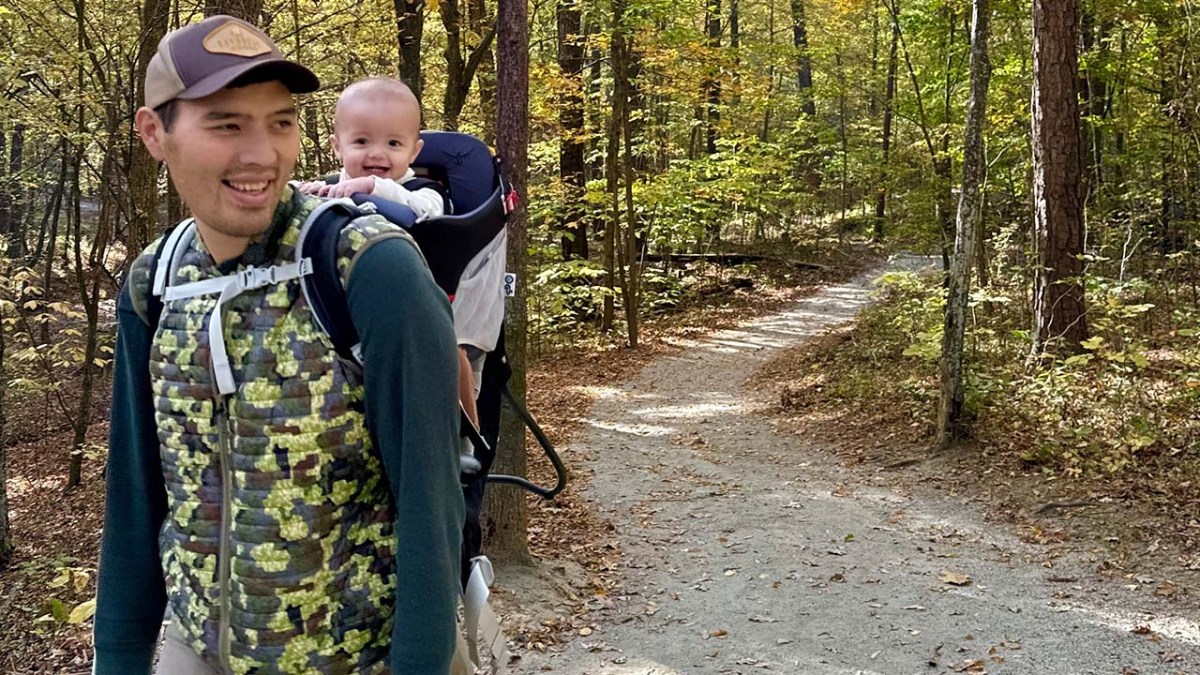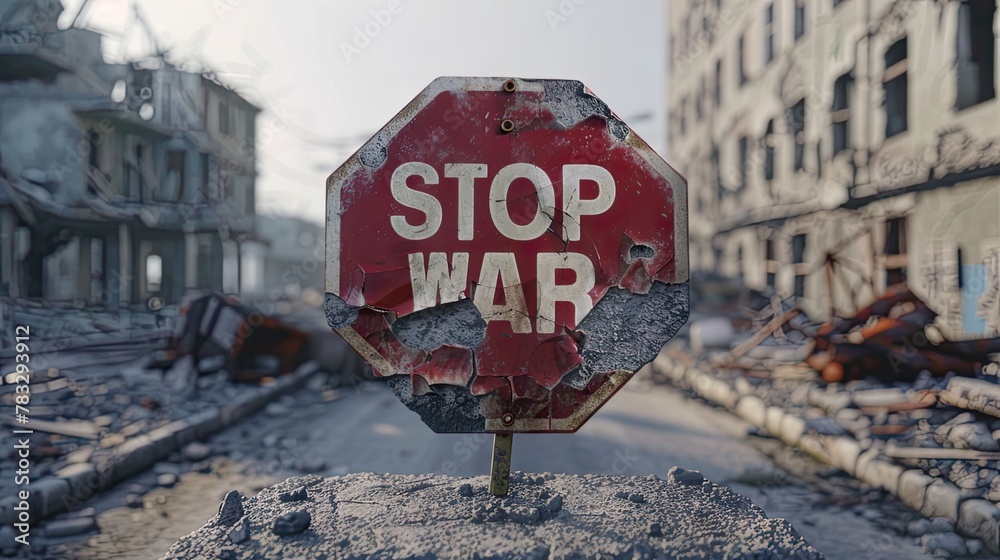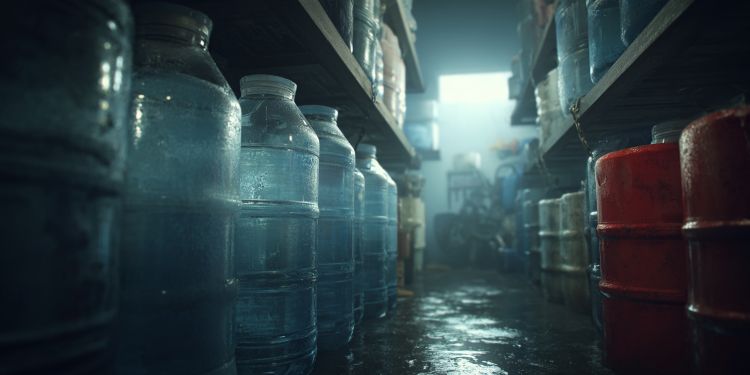How Much Cash Should a Prepper Have?
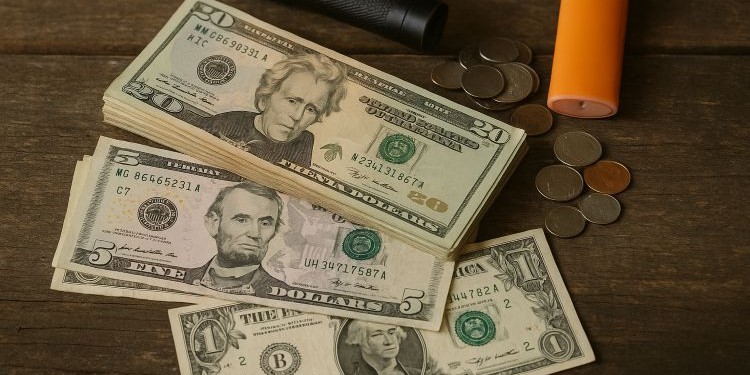
If you think a plastic debit card and a friendly ATM are going to save you when things collapse, I’ve got bad news. When the grid goes dark, the internet glitches, or the banks pull one of their “extended holidays,” your digital numbers in an app mean absolutely nothing. Cash is king — but only if you’ve got the right kind, in the right amounts, and in the right places.
So how much cash should a prepper actually keep? Let’s break it down.
Why Cash Still Matters
We live in an era where governments push “cashless society” agendas, banks limit your daily withdrawals, and stores experiment with digital-only payments. All it takes is a power outage or a cyberattack and suddenly you can’t swipe, tap, or Venmo your way into a loaf of bread.
Cash doesn’t care if the Wi-Fi is down. Cash doesn’t ask for your password. And in a crisis, it can get you out of a jam faster than a gold coin or a credit card with a frozen limit. That’s why preppers treat cash not as “extra pocket money,” but as survival gear.
And let’s not forget the other angle: governments track your spending. Cash is one of the last bastions of private, untraceable transactions — which means it’s a threat to those who want control. If they don’t like you having it, you probably should.
How Much Cash to Keep on Hand
There’s no one-size-fits-all answer, but here’s a rule of thumb: have enough to cover at least one month of critical expenses without touching the bank. Rent, fuel, food, medicine — add it up. That’s your baseline. For most families, that number is somewhere between $1,000–$3,000.
But don’t keep it all in crisp hundreds. In a crisis, no one is breaking a $100 bill for a gallon of gas. Stockpile small denominations — ones, fives, tens, and a handful of twenties. Think trade, think convenience, think quick deals when everyone else is fumbling with big bills.
Anything beyond that? That depends on your paranoia threshold. Some hardcore preppers stash six months’ worth in cash, knowing banks can legally freeze your account during “emergencies.” Sound extreme? Just ask anyone who lived through Argentina’s 2001 bank freeze or Cyprus in 2013. Overnight, life savings became untouchable numbers on a screen.
Where to Store It
Now comes the tricky part. Stashing cash under your mattress is a cliché for a reason — it’s the first place thieves look. You need layers. Diversify your hiding spots like you diversify your food storage.
- Home Safe: Fireproof, bolted down, hidden in plain sight.
- Everyday Carry: A few bills in your wallet, bug out bag, or glove box.
- Off-Site Cache: A trusted family member, a hidden container on your property, or even a well-disguised spot in your workshop or barn.
The point is: never put all your eggs in one basket. Fires, floods, and sticky fingers happen. Spread the risk.
What About Precious Metals?
Gold and silver have their place, but don’t fool yourself — you can’t shave off a sliver of silver to pay for antibiotics. Metals are wealth preservation. Cash is survival grease. In the first chaotic weeks of any collapse, people will want currency they recognize, not bullion they have to weigh.
Related: The Prepping Skill Nobody Talks About (That Could Save Your Life)
Once society stabilizes, metals shine. But in the heat of the moment? Cash buys you the gas, the food, the medicine, and the silence you need.
Cash Alternatives Every Prepper Should Consider
Cash is critical, but smart preppers don’t stop there. If governments can demonetize bills, lock down withdrawals, or inflate your money into toilet paper, you need backup options.
- Barter Items: Cigarettes, alcohol, coffee, ammo, lighters, batteries, first-aid supplies. These are small, portable, and instantly useful in a barter economy. In many collapses throughout history, barter has replaced cash overnight.
- Prepaid Debit or Gift Cards: Load them quietly, stash them in different places. They won’t save you in a total grid-down, but they give you another layer of spending flexibility if banks lock your main accounts.
- Foreign Currency: If you live near a border, keeping small amounts of a stable neighboring currency (like Canadian dollars, Swiss francs, or even gold-backed currencies abroad) can give you an escape hatch when your own money is worthless.
- Cryptocurrency (Offline Wallets): Risky, yes. But in a digital-first world, having crypto in a hardware wallet can give you borderless liquidity. Just don’t count on it when the power’s out.
Think of these as “Plan B.” Cash gets you through the first wave. Alternatives keep you afloat when cash itself is questioned or outlawed.
History’s Hard Lessons
Every prepper who shrugs off financial preparedness should study history. The warning signs are there — again and again.
- Weimar Germany (1920s): Hyperinflation destroyed the German mark. People carried cash in wheelbarrows to buy bread, and bartering became essential.
- Venezuela (2010s): Inflation rates hit millions of percent. Stacks of bills couldn’t buy a chicken, while barter goods like soap or rice became real currency.
- Argentina (2001): Banks froze accounts overnight. Citizens were locked out of their own savings. Only those with cash — or barter goods — had leverage.
History doesn’t repeat perfectly, but it rhymes loudly. And the rhyme is simple: when trust in the system breaks, cash and barter carry you further than empty promises from banks or governments.
Final Thoughts
So how much cash should a prepper have? Enough to live free from the banking system for at least a month — more if you can swing it. Enough in small bills to grease palms and buy essentials when the system hiccups. And enough in the right hiding spots so no single disaster wipes you out.
But don’t stop there. Diversify into barter goods, prepaid cards, foreign cash, or metals. Build layers of financial resilience just like you build layers of food and gear.
Don’t trust the government to “protect your savings.” Don’t trust the bank to “guarantee access.” Trust what you can hold in your hands — and what you can trade — when the lights go out. That’s not paranoia. That’s survival.
You may also like:
 Bartering Items You Need to Stockpile for the Next Financial Crash
Bartering Items You Need to Stockpile for the Next Financial Crash
Where Free Land Can Be Found In The USA (Video)
Why You Should Prepare
Pemmican: The Ancient Superfood Every Prepper Should Know
Why You Should Put A Silver Coin In Water
Read the full article here




